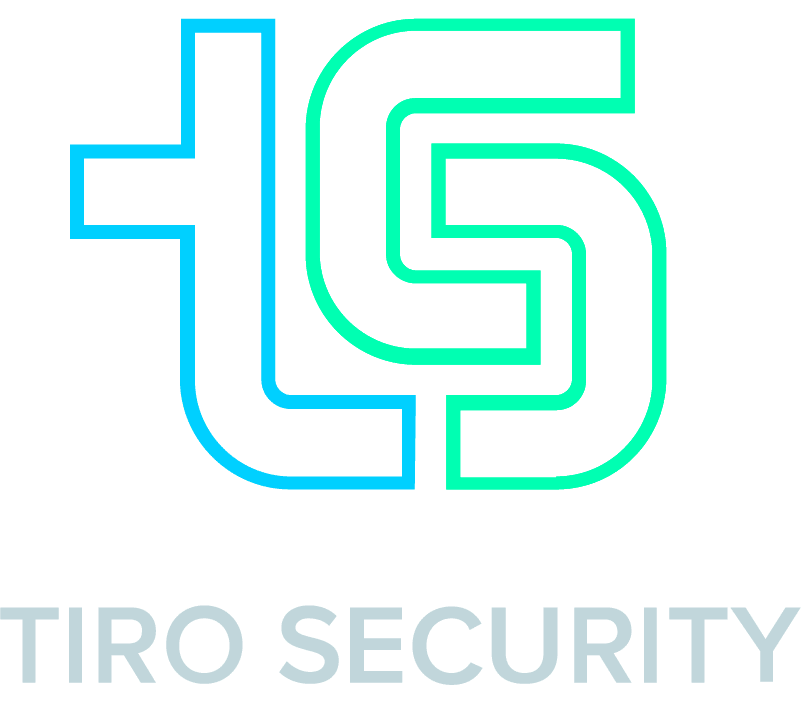Analyzing What Matters to Help You Decide Which Is Best for You
When a company is focused on IT security, it must implement ISO 27001 or SOC 2 as part of its security objectives. As we head toward audit season, which should you choose?
In this article, we look at the main similarities and differences between SOC 2 and ISO 27001.
SOC 2 Type 2 v ISO 27001
The SOC 2 (Service Organization Control 2) standard describes the security controls in place for information and communication technology systems, which are intended to protect the confidentiality, integrity, and availability of information.
ISO 27001 is meant to ensure that data collected, stored, managed, or transmitted by a company for business purposes are protected from both internal and external threats.
They sound similar to each other, don’t they? That’s because they are. The two standards share many of the same security controls. However, their focus is different. ISO 27001 is a data security management system and SOC type 2 is a business continuity planning standard.
When applying ISO 27001, you focus on developing and maintaining an Information Security Management System (ISMS). This is how you manage data protection practices.
SOC 2 is more geared toward education that encompasses the five principles of a trust service: Security, Availability, Processing Integrity, Confidentiality and Privacy, though only the first of these is mandatory.
A Matter of Trust for Both SOC 2 and ISO 27001
Around a third of the controls delivered by the two standards overlap, with the aim that they inspire clients to trust that you are managing and protecting their data adequately. Because they are so closely aligned, certification in one standard means that you are well on the way to certification in the other.
A Matter of Geography?
While both ISO 27001 and SOC 2 are recognized internationally, SOC 2 is less popular outside of North America.
A Matter of Certification?
One of the key differences between ISO 27001 and SOC 2 is who can conduct your audit. While an external audit must be carried out for both frameworks, the ISO 27001 audit must be conducted by an ISO 27001 accredited certification body, and SOC 2 attestation can only be conducted by a licensed Certified Public Accountant (CPA):
- A successful ISO 27001 audit results in certification of compliance
- A successful SOC 2 audit is documented by attestation
A Matter of Process?
The process of certification/attestation is similar for both ISO 27001 and SOC 2, and can be summarized as follows:
Step 1: Carry out a gap analysis to discover where you are compliant and where improvements are needed.
Step 2: Identify the security controls you must implement and how to implement them. Simultaneously, establish a process of review and improvement.
Step 3: When you are confident in your practices, arrange for an external review with the appropriate certification body.
Many organizations outsource this process, and include an internal audit as an interim step between steps 2 and 3.
A Matter of Time?
While both ISO 27001 and SOC 2 follow the same outline process, ISO 27001 is more rigorous and requires documentation and processes to operate an ISMS. Therefore, you should expect and plan for certification under ISO 27001 to take appreciably longer than for attestation under SOC 2.
Depending upon complexity and size of your organization, implementation time for SOC 2 can be three to six months for SOC 2, and a further three to six months for SOC 2 Type 2. ISO 27001 typically takes between six and 18 months to complete.
A Matter of Cost?
There is more paperwork required to prove that you have an ISMS in place under ISO 27001, and the process takes much longer. Unsurprisingly, the cost to obtain ISO 27001 is often quoted as around 50% to 60% more expensive for ISO 27001 than for SOC 2.
This said, actual costs will depend upon the complexity of your business, the systems you have in place, and results of your gap analysis.
A Matter of Certification Renewals?
For your ISO 27001 certification and SOC 2 Type 2 attestation to remain valid, they must be renewed annually.
Have You Decided What Matters to Your Organization?
The pointers in this article should help you decide which framework to use for your business. SOC 2 is less expensive and easier. ISO 27001 incorporates more to protect you against security threats.
So, what type of companies use SOC 2 and ISO 27001?
SOC 2 was developed specifically for companies that store data in the cloud. This means all SaaS companies, and any others that use the cloud for storing customer data.
ISO 27001 applies to companies who need to prove they safeguard their customer information in the best possible way. It defines lines of responsibility, especially useful for fast-growing companies. It allows companies in highly regulated sectors, such as financials and telecoms, to comply with regulations. It is also a standard that is recognized by governments around the world, so you’ll find that many government agencies use it.
Basically, though, any company that stores sensitive data will discover that ISO 27001 is useful for them.
To discuss what matters to you, and which framework will be best for your organization, we will be happy to help. Our expertise includes security compliance, business continuity, security assessment and training, and security awareness training.
For more information, contact Tiro Security.
